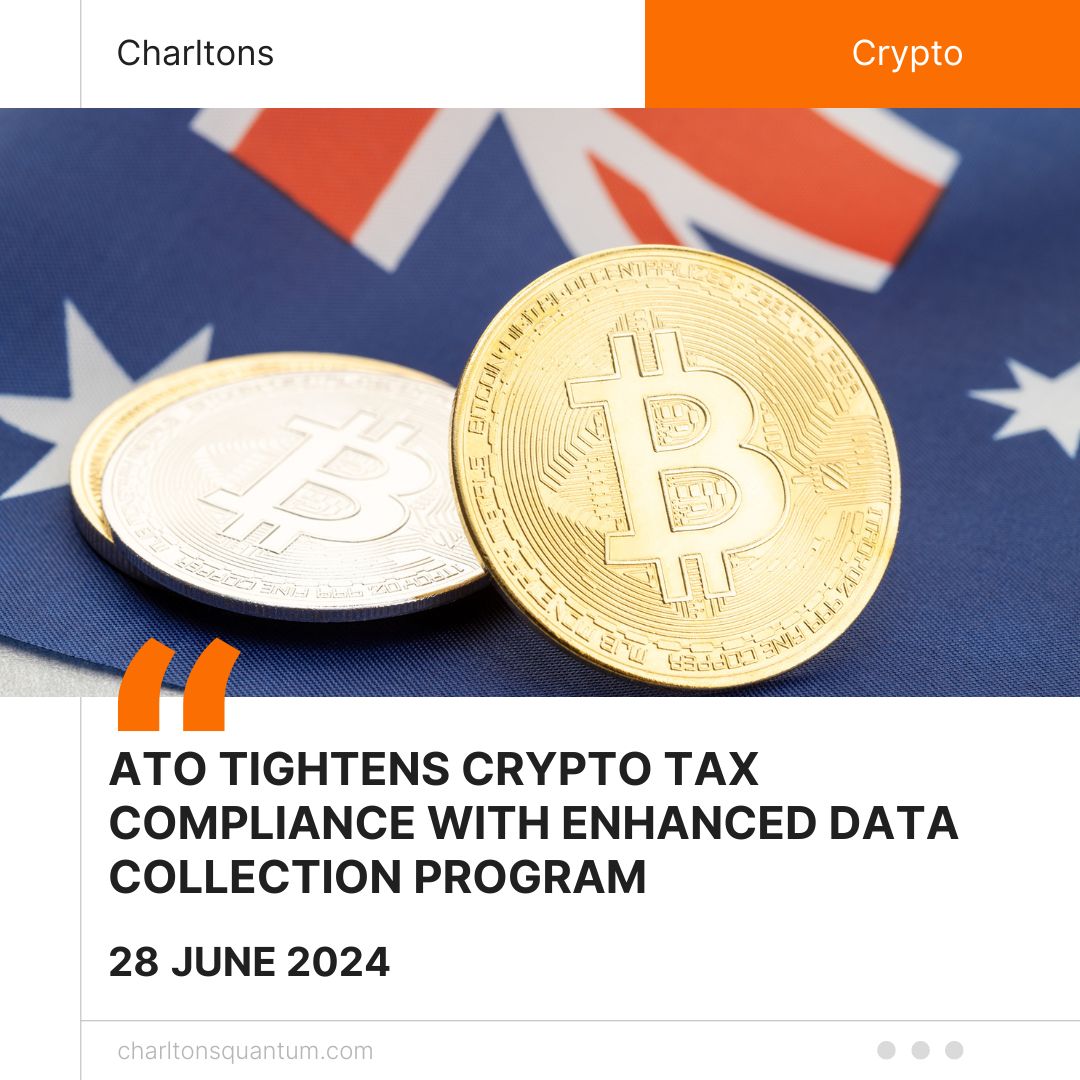
The Australian Tax Office (ATO) is closely tracking crypto gains as the financial year ends on June 30, 2024. This year, the ATO has significantly ramped up its efforts in crypto tax compliance by launching an improved data matching program to ensure accurate reporting from crypto investors.
Adam Saville-Brown, General Manager of Koinly, a crypto tax reporting software company, states that the ATO has been monitoring the crypto space for years. The new program marks a stricter approach, allowing the ATO to gather transaction data from any legally operating crypto exchange, including platforms like Binance, Coinbase, and CoinSpot.
The ATO’s data collection program is comprehensive, gathering a wide range of information, such as names, addresses, emails, social media accounts, and IP addresses of approximately 1.2 million crypto investors each year. This detailed data helps the ATO cross-check tax returns and identify discrepancies, enhancing the accuracy of tax reporting and compliance.
Saville-Brown acknowledges that most crypto investors in Australia are aware of their tax reporting obligations, but the enhanced data collection program aims to address non-compliance. The ATO will send reminder letters to those who do not accurately report their crypto transactions, nudging them towards compliance.
The collapse of Celsius, a prominent American crypto lender, has added complexity to the crypto tax landscape. The ATO has not yet clarified the tax implications for Celsius users receiving repayments in Bitcoin and Ether, leaving many users confused and potentially impeding accurate tax reporting. Michelle Legge, Koinly’s Tax Education Head, highlights the current ambiguity surrounding cost basis calculations for crypto assets. Investors are unsure whether to use traditional accounting methods or alternative approaches, such as the original purchase price or the asset’s value at a specific point in time, like when withdrawals were restricted or when Celsius filed for bankruptcy.
Saville-Brown emphasizes the importance of consulting with an experienced accountant to navigate the complexities of Celsius refunds. These repayments could be classified as either taxable gains or losses, and professional guidance can help investors ensure accurate tax reporting.
The introduction of Australia’s first two spot Bitcoin ETFs in June 2024 marked a significant milestone for cryptocurrency adoption. Notably, one of these ETFs directly holds Bitcoin, another first for the Australian market. However, investors should be aware that current tax laws still apply. According to Legge, selling holdings at a profit from a Bitcoin ETF will incur Capital Gains Tax just like any other investment. While Bitcoin ETFs make crypto investing easier for many Australians, these transactions will still lead to a tax obligation.





